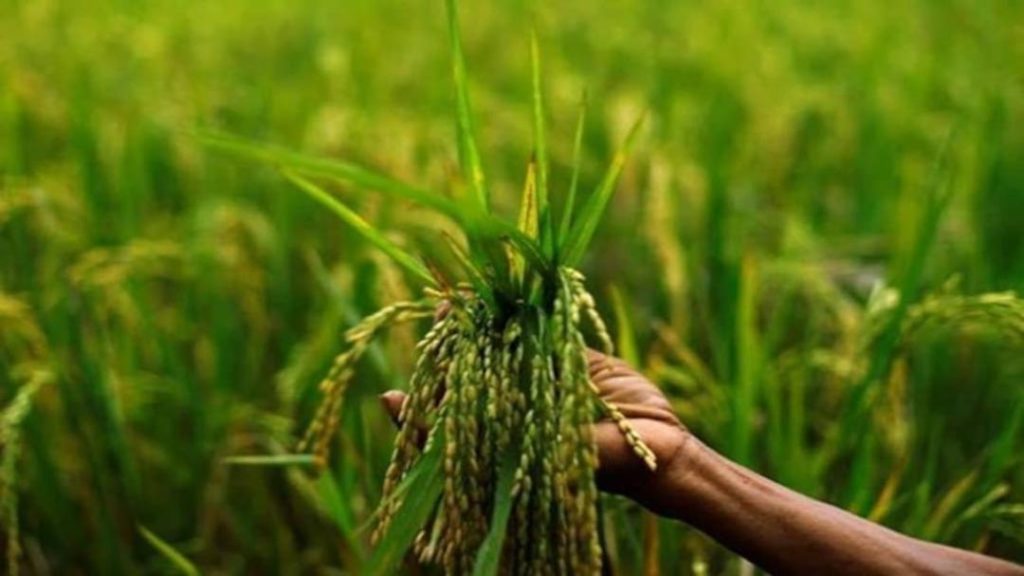
India Cutting Chenab’s Supply Will Increase Water Shortage & Impact Crops, Accepts Pakistan
The Indus Waters Treaty (IWT) between India and Pakistan has been a contentious issue in recent times, with tensions running high between the two nations. The treaty, signed in 1960, regulates the sharing of the Indus River and its tributaries between the two countries. However, in September 2020, India unilaterally suspended the treaty, citing Pakistan’s alleged failure to follow the agreement.
In a recent development, Pakistan’s Indus River System Authority (IRSA) has accepted that India cutting the flow of the Chenab river, a major tributary of the Indus River, would increase water shortages across the country. The IRSA claimed that this move would also impact the kharif crops, which are already estimated to face a significant shortage for the remaining early kharif season.
According to the IRSA, the water shortage in the late kharif season is estimated to be around 7%. The authority stated that the reduction in water supply from the Chenab river would further exacerbate the existing water shortage, leading to a significant impact on agriculture, the backbone of Pakistan’s economy.
The kharif season, which typically runs from July to October, is the primary crop season in Pakistan. The country’s agricultural sector is heavily dependent on the Indus River system, which supplies water to over 90% of the country’s farmland. The reduction in water supply would have far-reaching consequences, including reduced crop yields, decreased agricultural productivity, and increased food prices.
The IRSA’s warning comes at a time when Pakistan is already facing a severe water crisis. The country’s water availability per capita has been declining steadily over the years, and the water table is receding at an alarming rate. The Pakistan Council of Research in Water Resources estimates that the country’s water availability would decline by 35% by 2050.
Pakistan’s water woes are not limited to the Indus River system. The country faces a severe drought in its southern regions, with many areas receiving less than 25% of their average annual rainfall. The drought has had a devastating impact on agriculture, with many farmers forced to abandon their crops due to lack of water.
India’s suspension of the Indus Waters Treaty has been seen as a major blow to Pakistan’s water security. The treaty was seen as a safeguard against any unilateral action by India to divert the Indus River’s waters. The suspension of the treaty has left Pakistan feeling vulnerable and exposed to India’s water policies.
The IRSA’s warning is a stark reminder of the consequences of India’s actions. The reduction in water supply would not only impact Pakistan’s agricultural sector but also have far-reaching consequences for the country’s food security and economy.
In conclusion, the IRSA’s warning highlights the gravity of the situation and the need for both India and Pakistan to engage in constructive dialogue to resolve their differences. The Indus Waters Treaty was signed to ensure peaceful and cooperative management of the Indus River system. It is essential that both countries work together to find a solution that takes into account the needs and concerns of both nations.






